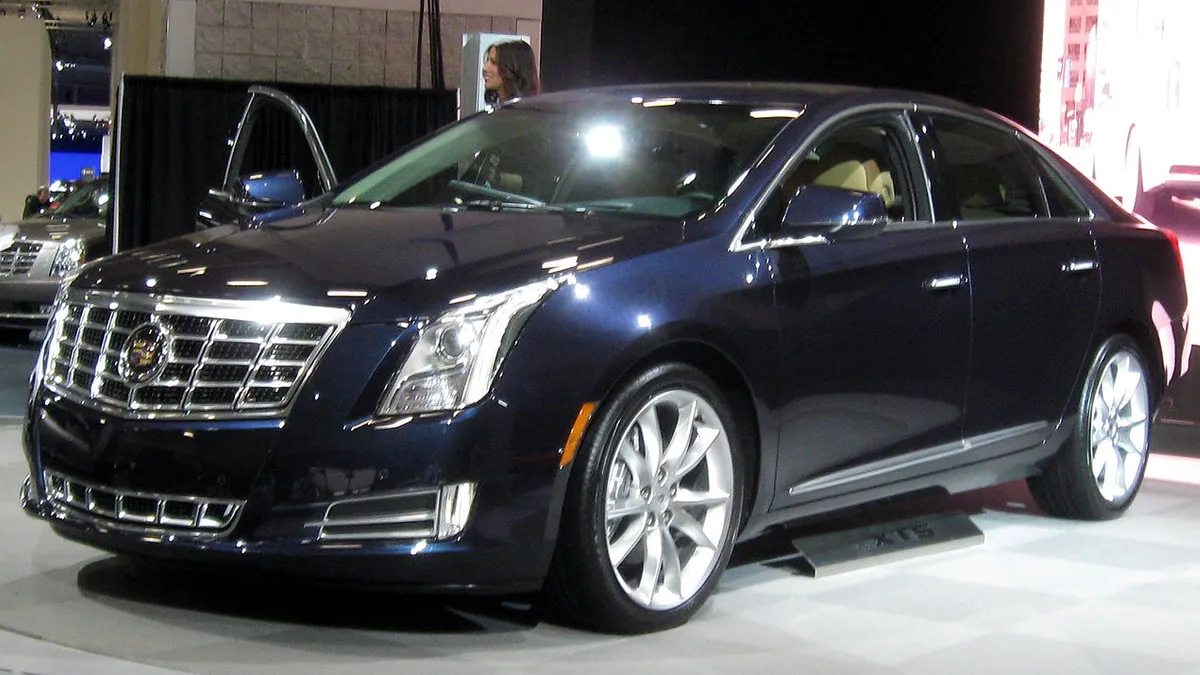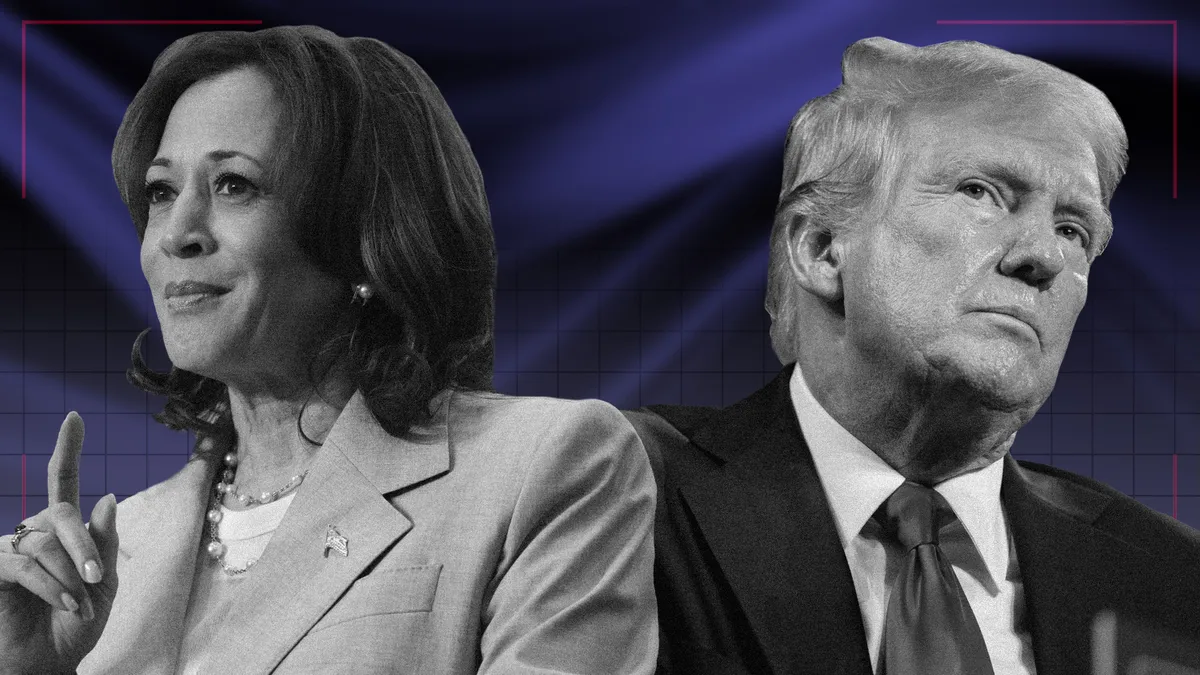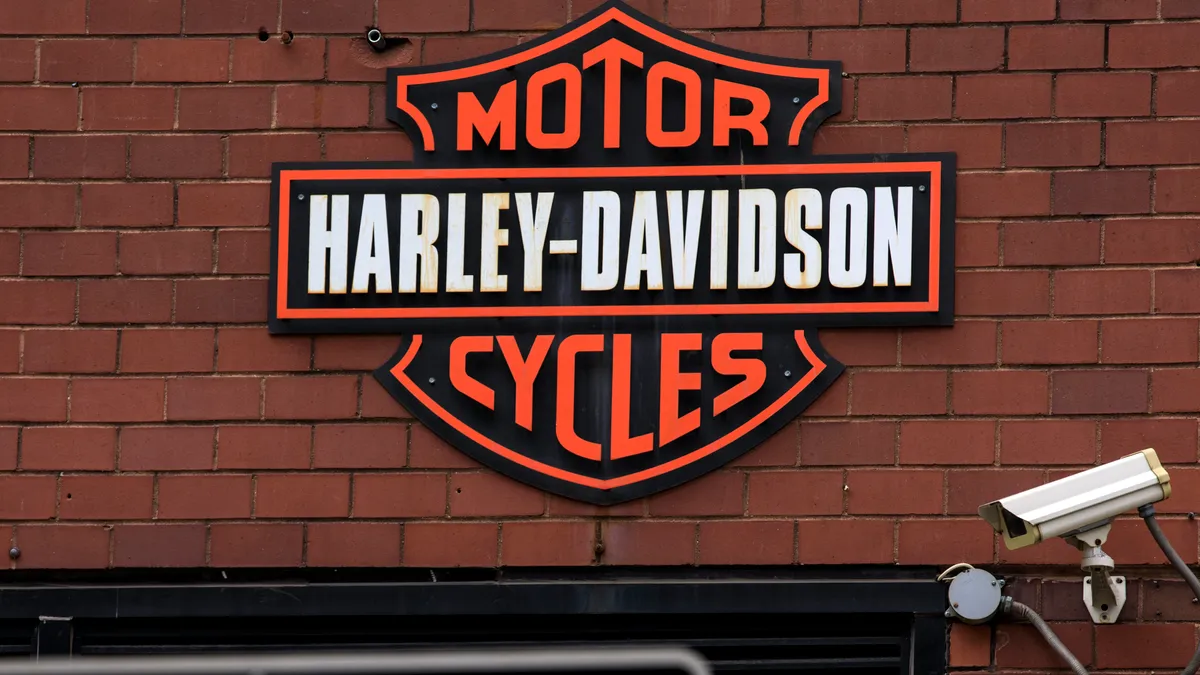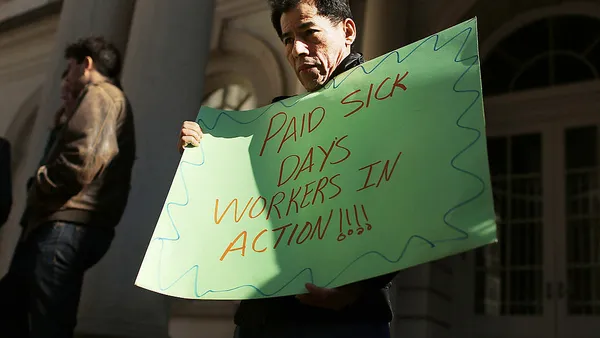Dive Brief:
- The so-called Cadillac tax is the the piece of the Affordable Care Act that in 2018 will levy a 40% excise tax on the cost of health insurance coverage above a certain threshold.
- According to John Turner, president and CEO a benefits consulting and brokerage firm, many employers have been ignoring the tax, but they should start paying attention to it now, not later.
- Writing at Employee Benefits News, Turner said a recent study promoted by the Council of Insurance Agents and Brokers projects that 42% of employers will have to pay the tax for 2018.
Dive Insight:
Since the tax is on cost of a health plan, not the quality, Turner recommends employers/plan sponsors take a closer look at the health benefits they offer and the overall cost of their medical programs to determine whether they are over the threshold ($10,200 for self-only coverage and $27,500 for other-than-self-only coverage, or family, coverage).
If so, employers need to take immediate steps to reduce exposure by reducing utilization and claims expenses. While reducing coverage is the easy way, Turner says the smarter approach is to keep employees as healthy as possible, thereby reducing episodic care. That means lowering your expenses by decreasing utilization, i.e., helping your employees become healthier so that they ultimately don’t use their insurance as often.
Turner says disease management and wellness programs can help mitigate those costs and deliver healthier employees, lowering costs. Another option is a private exchange, which, if done well, provides freedom of choice for employees and cost controls for the employer, who can disperse risk across less expensive benefit plans.
















